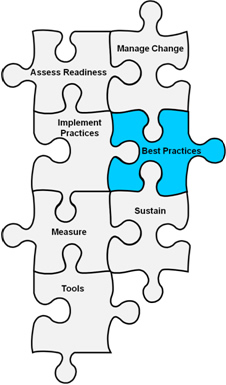
Heating and cooling account for about 56% of the energy use in a typical U.S. home, making it the largest energy expense for most homes. A wide variety of technologies are available for heating and cooling your home, and they achieve a wide range of efficiencies in converting their energy sources into useful heat or cool air for your home. In addition, many heating and cooling systems have certain supporting equipment in common, such as thermostats and ducts, which provide opportunities for saving energy.
When looking for ways to save energy in your home, be sure to think about not only improving your existing heating and cooling system, but also consider the energy efficiency of the supporting equipment and the possibility of either adding supplementary sources of heating or cooling or simply replacing your system altogether.
Selecting and Replacing Heating and Cooling Systems
When replacing or upgrading an existing heating and cooling system, it's important to first consider the limitations imposed by your current system and available energy sources. When selecting a heating and cooling system for a new house, your options are generally much wider, although your builder or developer may place limitations on your choices.
Cooling Systems
Depending on where you live, cooling your home can be as simple as opening a window or as complex as using a central air conditioning unit. A wide variety of cooling technologies are available.
Heating Systems
Although most U.S. homes use either a furnace or a boiler, other approaches range from wood stoves to active solar heating systems.
Heat Pump Systems
Heat pump systems provide both heating and cooling and offer the benefit of delivering more useful energy than they consume.
Supporting Equipment for Heating and Cooling Systems
Thermostats and ducts provide opportunities for saving energy. Dehumidifying heat pipes allow central air conditioners and heat pumps to deliver drier air. Electric and gas meters allow you to track your energy use closely.
 Print
Print Email
Email








